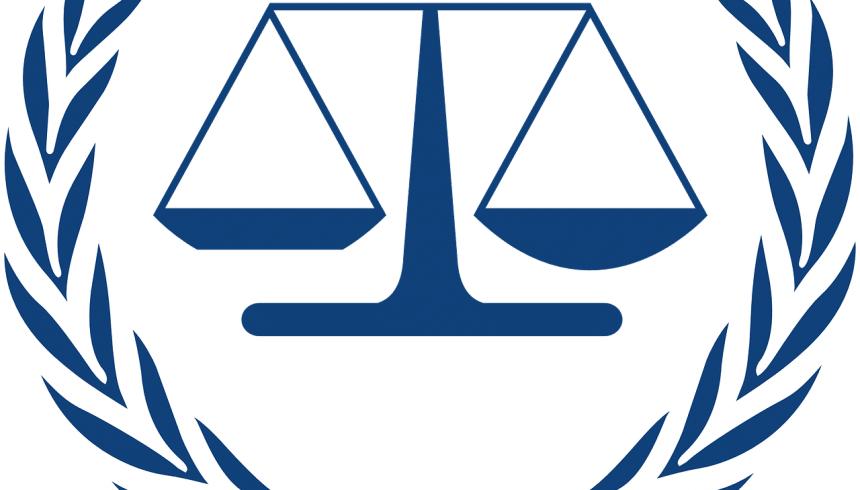
In our previous blog we looked at the legal definitions that people seeking international protection have to meet. This time we will be looking at the path they follow to do this in the UK, the practical steps they need to take and some of the barriers they face along the way.
Over the past decade details of this process have changed and the experiences of many of those in our day centre will have been different. This is a picture of the key stages of the process, which remain the same. Here, we’ll look at the system for adults. Children (under 18s) are dealt with differently.
Contacting the Home Office
Refugees apply for asylum either on arrival at the border – at the port or airport -or once they’re in the country. If you make the claim on arrival at a port/airport you tell the immigration officers that you fear return to your country. You do not need to explain your fears of persecution at this point.
Inside the UK you contact the Home Office directly. This can be a bit of a drawn out process. Nowadays the Home Office ask people to call them, then they take basic details at a call back and make an appointment to go to the Asylum Screening Unit (ASU) in Croydon, or Bryson House if in Belfast. If you have nowhere to live you can go directly to the ASU to register your claims. You would still be sent away but with an appointment. Some people also claim asylum in detention, for example if they didn’t know about the asylum process before they were detained.
Screening Interview
Once you’ve claimed asylum, you have what’s called a ‘screening interview’. If you have a partner or kids dependent on your claim, they would come with you. If you claimed asylum ‘at port’ you will probably have the screening interview right away, wherever you claimed. Otherwise, that’s what the appointment with the ASU is for.
What’s the screening interview for?
This is meant to be about getting basic identity details about identity, documents held, family, health issues, route to the UK and method of entry. There should only be a very brief question about the asylum claim.
At this point the Home Office will already start making decisions about how strong your case is. If you are from a country considered relatively safe (Section 94(4) of the 2002 Nationality and Immigration act), or where the Home Office otherwise decides that your case is likely to be clearly unfounded (Section 94 (1)), you won’t be allowed to appeal a refusal from within the UK. In these cases there is a possibility that you could be detained. If you are reading this, you may think that this is prejudging the merits of a case and that detention and speeding up the decision making process may itself mean that a case has a lower chance of success.
Screening Interviews will also be used to identify cases which the Home Office thinks could be “third country” cases, those where the claimant can be returned to other EEA countries without having their case examined here. We will look at this separately.
Screening interviews should also identify those who are unaccompanied minors.
Legal Aid
Free legal advice and representation is available for asylum seekers who cannot afford to pay for lawyers. Many legal representatives are not enthusiastic about providing advice before a claim is made because the funding is limited in relation to the work and bureaucracy it produces and because many asylum seekers are likely to be moved when they start receiving asylum support. Legal Aid cuts have reduced the availability of good representatives.
Substantive Interview
 After the screening interview the Home office will set a date for a full – or “substantive” – interview where they will ask questions in detail about the asylum claim abut also about family and journey and other background questions. You may be asked about the country you are from to prove your nationality or you may be asked about politics or religion.
After the screening interview the Home office will set a date for a full – or “substantive” – interview where they will ask questions in detail about the asylum claim abut also about family and journey and other background questions. You may be asked about the country you are from to prove your nationality or you may be asked about politics or religion.
A legal representative should help prepare for the interview – to explain the process, to prepare a statement outlining the history and reasons why you left your country, what happened and why you cannot return. In some cases, in some parts of the UK, the Home Office have also started issuing “preliminary information questionnaires” – 18 pages that ask you to set out your claim, family and work history and to identify your “convention reason” for needing asylum (see last blog). If not completed and returned before the deadline your application can be treated as abandoned.
You may have to attend the substantive interview alone. Legal Aid generally does not pay for a representative to go to the substantive interviews unless it is with a child or the person lacks mental capacity. The Home Office don’t typically allow anyone other than a legal advisor to attend interviews but their guidance states:
“Exceptionally, however, and with advance notice, a friend or other companion may be admitted to provide emotional or medical support.”
Interviews are recorded if this is requested in advance and a written interview record should be given to you at the end of the interview.
The UNHCR handbook (which sets out guidance about determining refugee claims) says:
“While an initial interview should normally suffice to bring an applicant’s story to light, it may be necessary for the examiner to clarify any apparent inconsistencies and to resolve any contradictions in a further interview, and to find an explanation for any misrepresentation or concealment of material facts.”
But in reality a further interview is highly unlikely.
After the interview your legal representative should check the interview record to make sure it is accurate and raise any issues around the conduct/content of the interview within 5 days of the interview. If there is a need to get further evidence- such as medical evidence, translations of documents– then the Home Office should be told. The legal rep would also put this together with background evidence about the case, country and legal issues and send written representations setting out why you fit the definition of a refugee.
The Home Office then look at what is in front of them, decide what they accept and based on this decide if this makes you a refugee or someone who needs international protection, or not.
The UNHCR handbook summarises this process:
(a) The applicant should:(i) Tell the truth and assist the examiner to the full in establishing the facts of his case.(ii) Make an effort to support his statements by any available evidence and give a satisfactory explanation for any lack of evidence. If necessary he must make an effort to procure additional evidence.(iii) supply all pertinent information concerning himself and his past experience in as much detail as is necessary to enable the examiner to establish the relevant facts. He should be asked to give a coherent explanation of all the reasons invoked in support of his application for refugee status and he should answer any questions put to him.
(b) The examiner should:(i) ensure that the applicant presents his case as fully as possible and with all available evidence.(ii) assess the applicant’s credibility and evaluate the evidence (if necessary giving the applicant the benefit of the doubt), in order to establish the objective and the subjective elements of the case.(iii) Relate these elements to the relevant criteria of the 1951 Convention, in order to arrive at a correct conclusion as to the applicant’s refugee status.
It is not possible to give an accurate estimate of how long the Home office will take to make a decision. Until recently, they had a target period of around 6 months. About half the cases take longer than this.
In our next piece we will look at the decisions, including whether the Home Office have given you the benefit of any doubt, and what happens if you appeal to the courts to change a Home Office decision.
Michael Tarnoky is legal officer at The Legal Project.
For more information – and a fantastic resource on the asylum process – look at the tool kit created by Right to Remain at https://righttoremain.org.uk/toolkit/
The JRS UK Legal Project has been running since January 2019 and provides specialist legal advice, representation, support and training to destitute refugees.
To help support the vital work done by the Legal Project donate to JRS now



